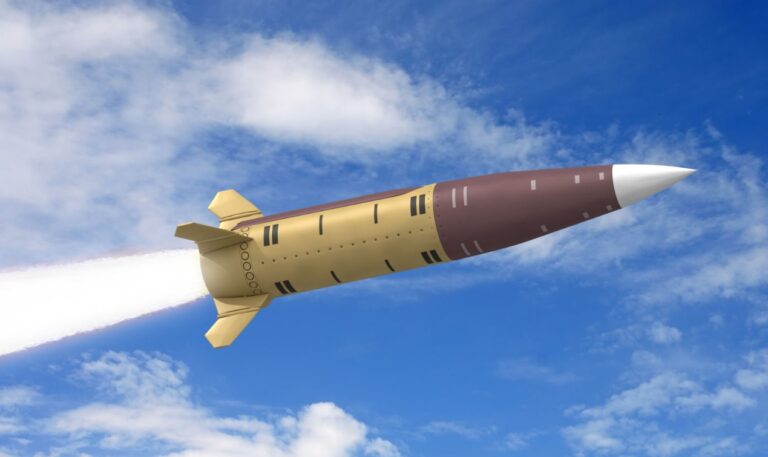In a significant escalation of the ongoing Ukraine Russia conflict, Ukrainian forces recently fired U.S.-made missiles into Russian territory. This move, which was authorized by the Biden administration, marks a major shift in the dynamics of the war. The use of advanced American weaponry on Russian soil highlights the growing involvement of the U.S. in the conflict and raises concerns about further escalation. This missile strike is seen as a powerful response to Russian aggression, as Ukraine continues to defend its territory against Russian forces.
Ukraine Russia Conflict – Understanding the Missile Strike
On November 19, 2024, the Ukrainian military launched six missiles into Bryansk, Russia, aiming at a Russian military facility. This strike is part of Ukraine’s ongoing efforts to challenge Russian forces in the conflict. While Russian authorities claim to have intercepted five of the missiles, one missile reportedly hit its target. This missile strike marks a significant development in the ongoing war, showing the growing scale of military actions between the two nations.
The incident reflects the intensifying military confrontations in the region, as both sides continue to escalate their efforts. The exchange highlights the increasing use of advanced weaponry and the challenges in intercepting attacks. As the war progresses, such strikes and military engagements are expected to play a crucial role in shaping the dynamics of the conflict. The international community remains concerned about the potential for further escalation and the impact on regional stability.
Biden Administration’s Decision

The Biden administration’s approval of the missile strikes is a key decision. It strengthens Ukraine’s defense before a possible policy change under a future Trump administration. This move aims to boost Ukraine strategically and influence future negotiations.
Read more about Biden’s Allows Ukraine To Use Long-Range Missiles(ATACMS) strikes.
Geopolitical Ramifications of Ukraine Russia Conflict
By U.S. Department of State from United States – Deputy Secretary Sherman Meets With the NATO-Russia Council, Public Domain, https://commons.wikimedia.org/w/index.php?curid=114448690
Impact on NATO and European Allies
Russia’s response to the missile strike shows its worry about NATO’s involvement. The Kremlin has warned that U.S.-supplied weapons could escalate tensions and bring NATO into direct conflict. This creates complex challenges for European allies, who have different views on U.S. intervention.
Russia’s Nuclear Doctrine Amendment

Recent changes to Russia’s nuclear doctrine, sparked by threats from nuclear-backed conventional attacks, show Moscow is ready to escalate tensions. This shift raises global concerns, highlighting the fragile balance between conventional warfare and nuclear deterrence in today’s geopolitics.
Strategic Implications and Diplomatic Maneuvers
Ukrainian Defensive Strategy
For Ukraine, the use of advanced U.S. weaponry represents a strategic advantage against Russian forces. It not only enhances their defensive capabilities but also serves as a deterrent amidst ongoing territorial disputes and military incursions.
Diplomatic Challenges and Negotiation Prospects
The Biden administration’s decision to authorize the strikes paves the way for future negotiations. As global stakeholders watch closely, diplomatic efforts grow to reduce tensions and find a lasting solution. European allies, like Germany and France, are key in mediating talks and preventing further conflict.
Conclusion
Ukraine’s missile strikes on Russia represent a key turning point in the conflict, shaped by U.S. policies and global strategies. As tensions rise, the world faces a challenge in balancing military force with diplomacy. The way forward depends on active diplomacy, strategic talks, and efforts to maintain regional stability in a changing geopolitical landscape.
HASHTAGS:
#UkraineRussiaConflict, #BidenAdministration, #NATO, #Geopolitics, #MissileStrike, #Diplomacy, #SecurityPolicy, #InternationalRelations, #MilitaryStrategy, #GlobalSecurity







